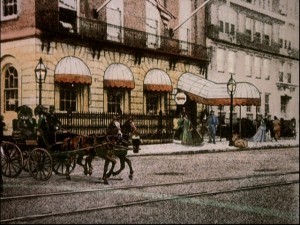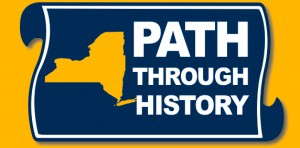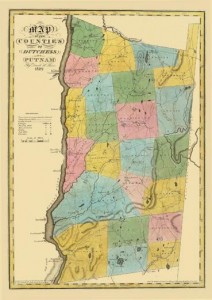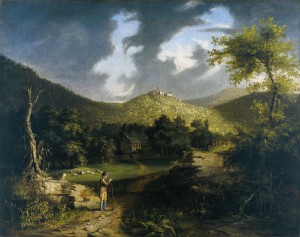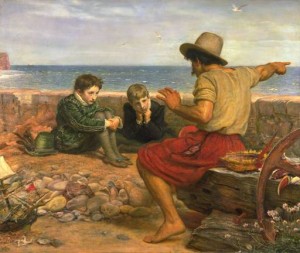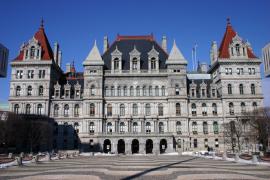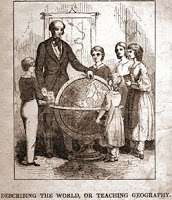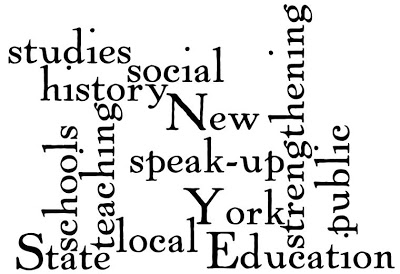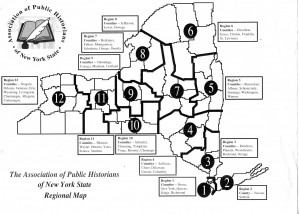
With the annual meeting of the Association of Public Historians of New York State (APHNYS) fast approaching and the centennial of the local government historians law on the not so distant horizon, as Bruce Dearstyne just reminded us, it is appropriate to examine just what is expected from municipal historians.
One may ask the proverbial question, “How are you doing?” – and take an opportunity to address what the guidelines say, what is being done, and what should be done. Continue reading “Whither the Public Historian?”


